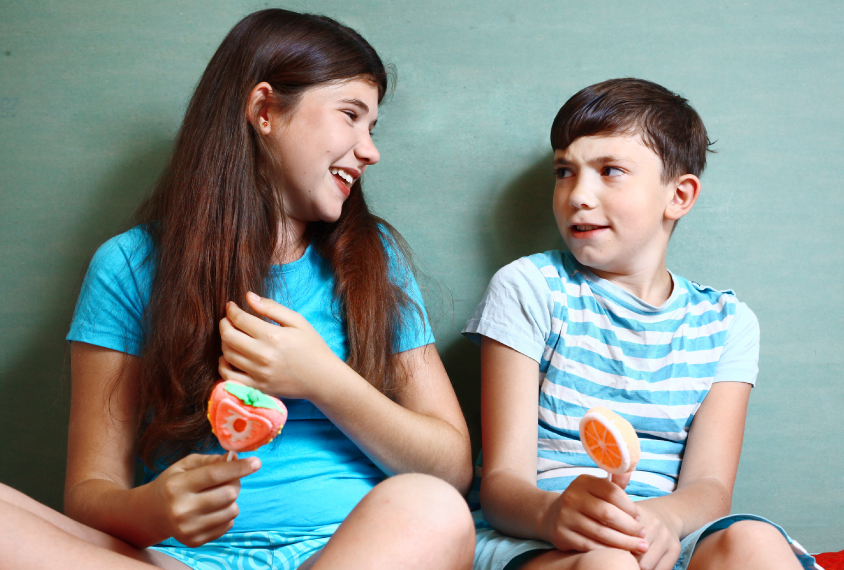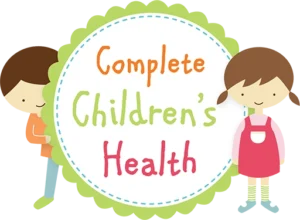Growing up with a sibling with a disability or autism can be a unique and challenging experience. In such situations, it is not uncommon for parents to focus primarily on the sibling with special needs, as they require additional care, support, and resources. This dynamic can impact other siblings’ lives in various ways, and it is important to acknowledge and understand their experiences.

Having a sibling with a disability or autism often means a significant amount of parental time, energy, and resources are devoted to their well-being. This can result in the other siblings feeling like they receive less attention or support from their parents. They may witness their parents attending therapy sessions, medical appointments, and educational meetings for their siblings, creating a sense of imbalance in the family dynamic. As a result, they might develop feelings of loneliness, neglect, or even resentment.
The needs of the sibling with a disability or autism may overshadow the needs and desires of other siblings. Important milestones, achievements, or everyday experiences can be overshadowed or minimised due to the constant focus on the sibling’s challenges. This can lead to feelings of frustration, as their accomplishments may not receive the same level of recognition or celebration from their parents. They may feel invisible or unimportant compared to their sibling, which can have long-lasting effects on their self-esteem and emotional well-being.
The responsibility and pressure placed on siblings without disabilities can also be significant. They may be expected to assume caregiving roles or take on additional household responsibilities to help support their parents and the family as a whole. This can create feelings of burden and may lead to a loss of childhood or adolescence experiences, as they must mature and take on adult-like responsibilities at a young age.
Furthermore, siblings of individuals with disabilities or autism may experience a range of complex emotions. They might feel a deep sense of love and compassion for their sibling while simultaneously feeling guilty for desiring more attention for themselves. They might struggle with conflicting emotions of pride and envy when witnessing the progress or achievements of their sibling. These conflicting emotions can be confusing and challenging to navigate, adding to the emotional burden they carry.
It is crucial for parents to recognise and address the needs of their typically developing children in these situations. Finding a balance between meeting the needs of the child with a disability and providing support and attention to their siblings is essential. Allocating dedicated one-on-one time with each child, engaging in activities that cater to their individual interests and strengths, and involving them in discussions and decisions related to their sibling’s care can help create a more inclusive and supportive family environment.
Additionally, seeking external support can benefit both parents and siblings. Engaging in therapy or support groups can provide a safe space for siblings to express their feelings, share experiences, and develop coping strategies. It can also help parents better understand and address the emotional needs of their other children, fostering a sense of validation and inclusion within the family unit.
Growing up with a sibling with a disability or autism can be a complex and challenging experience. Siblings often navigate a delicate balance between love, support, and their own emotional needs. It is essential for parents to acknowledge and address the impact their attention and focus can have on their other children, striving to create a balanced and nurturing environment where all family members feel seen, heard, and valued.
For further reading and resources:
www.autismawareness.com.au/therapies/sibling-support
www.autismspectrum.org.au/uploads/documents/Fact%20Sheets/Factsheet_Siblings_20180921.pdf
